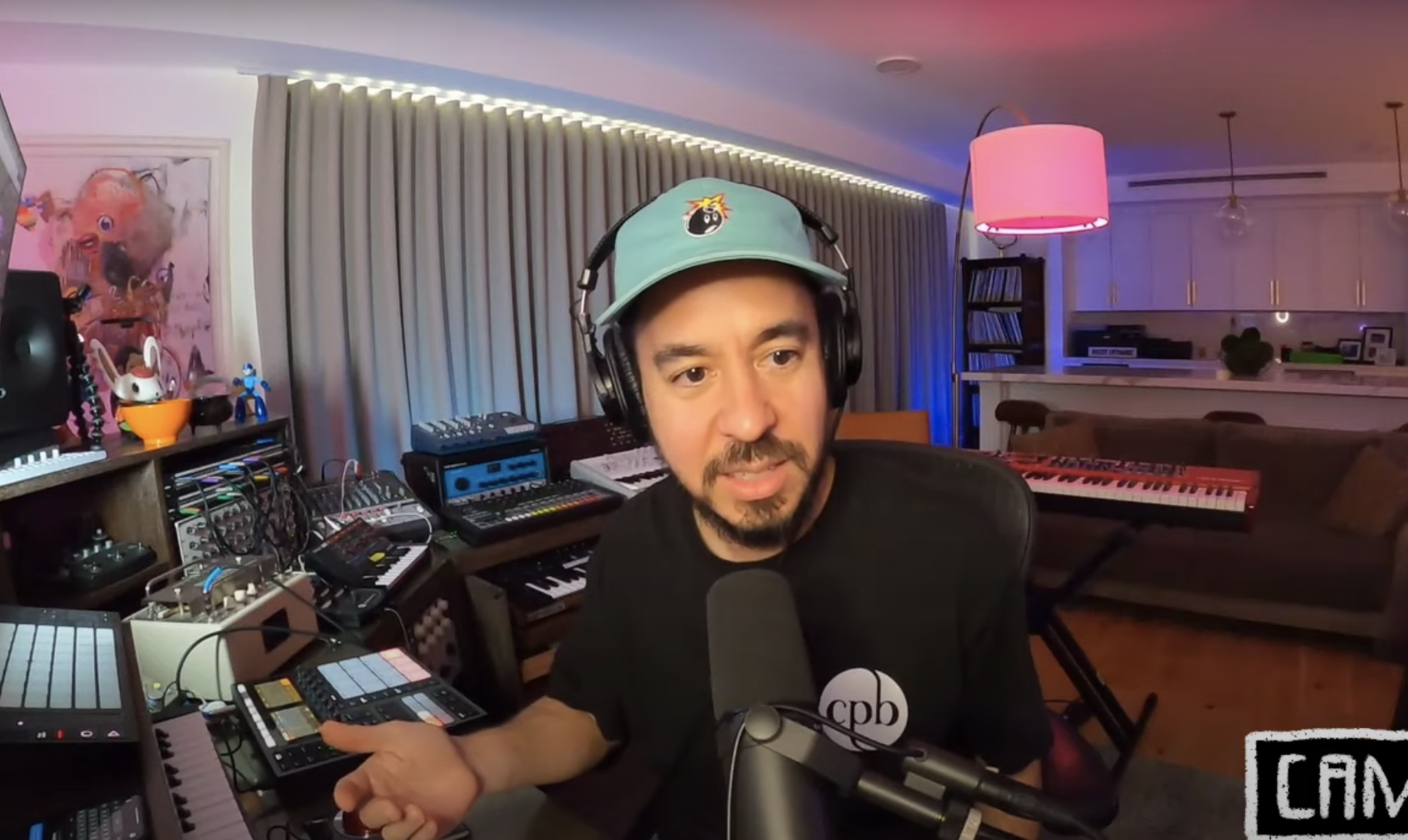Queen's song Don't Stop Me Now topped the top 20 most uplifting songs during the pandemic.
This is evidenced by the results of a sociological study conducted in the UK.
Most of the respondents chose this hit as the song that lifts their spirits best.
Don't Stop Me Now is one of the tracks on the Jazz album, which was released on November 10, 1978.
The song was released separately in 1979.
The single peaked at number nine in the UK charts and entered the Billboard hot 100 hit parade (86th place).
The record was reprinted many times and received multi-platinum status in Britain and the United States.
The second place was taken by the composition of the Swedish band ABBA - Dancing Queen.
During the years of the group's existence, this particular track was especially popular in English-speaking countries.
For example, Dancing Queen showed the best result of all ABBA songs on the US Billboard Hot 100, reaching number one on April 9, 1977.
The top three is closed by the song of the American band Bon Jovi - Livin 'On A Prayer.
It was released in August 1986 as part of the third studio album Slippery When Wet.
The single with the song was certified platinum twice in Britain.
In the United States, this hit became one of the four compositions of the group (along with You Give Love A Bad Name, I'll Be There For You and Bad Medicine), which topped the Billboard Hot 100.
© kinopoisk.ru
Most of the list included compositions created in the 1980s.
Eight songs from this decade also include Whitney Houston's hit I Wanna Dance With Somebody and A-Ha's Take On Me.
Of the 21st century melodies, respondents chose only three: Happy Pharrell Williams, I Gotta Feeling by The Black Eyed Peas, and Hey Ya!
duo OutKast.
Also in the top 20 were Gloria Gaynor's hit I Will Survive, the classic jazz melody What a Wonderful World performed by Louis Armstorg and James Brown's hit I Feel Good.
Almost half of the respondents noted that listening to music gives them a feeling of happiness, while a third of the respondents feel a surge of positive energy while listening to their favorite songs.
AXA Helath spokesman for the study, Dr. Mark Winwood, explained that physiological processes are responsible for the sensation of listening to music.
"When we hear songs that we like, several possible reactions arise from our brain, and not the least role in this process is played by its departments (which are responsible for emotions. - RT) associated with feelings of pleasure and satisfaction," the expert emphasized ...
“There is a release of endorphins - substances that lift mood and euphoria - and dopamine, an important hormone responsible for feelings of pleasure and satisfaction,” concluded Winwood.
Quarantined music
Meanwhile, artists continue to keep in touch with audiences and organize online events.
One of the founders of the American rock band Linkin Park, Mike Shinoda, goes live on YouTube several times a week.
The artist basically shows the audience the workflow - how he records music or processes sound on a computer.
Fans can also watch how Shinoda spends his free time and draws (including at the request of fans).
© Mike Shinoda / YouTube
Many bands, including the British band Radiohead, published live recordings on the Internet.
Metallica also shared archival footage with fans, and in November the band hosted a charity live broadcast auction.
Some artists performed without spectators during the restrictive measures.
Among them is the Italian tenor Andrea Bocelli, who in April gave an Easter concert in an empty Milan Cathedral.
The broadcast set the record for the most viewed live classical music concerts.
In December, the singer performed a Christmas program at the Teatro Regio in Parma, also in an empty hall.
The traditional New Year's concert of the Vienna Philharmonic Orchestra also took place without an audience.
To support the musicians, the organizers in advance invited the audience to participate in the recording of the applause.
Many Russian artists gave online concerts during the first wave of the coronavirus pandemic.
Among them are instrumentalists Denis Matsuev and Yuri Bashmet, the collectives "Kvatro", "Bi-2", "Splin", as well as Julia Chicherina, Vladimir Presnyakov, Diana Arbenina, Grigory Leps, Yolka and many other performers.

